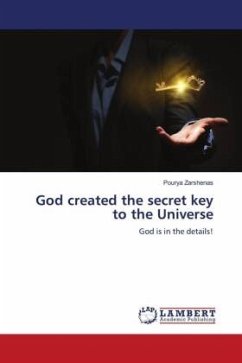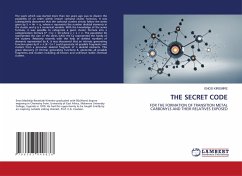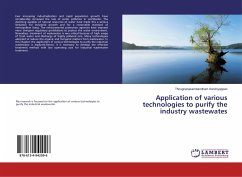I honestly think atheism is inconsistent with the scientific method. What I mean by that is, what is atheism? It's a statement, a categorical statement that expresses belief in nonbelief. "I don't believe even though I have no evidence for or against, simply I don't believe." Period. It's a declaration. But in science we don't really do declarations. We say, "Okay, you can have a hypothesis, you have to have some evidence against or for that." And so an agnostic would say, look, I have no evidence for God or any kind of god (What god, first of all? The Maori gods, or the Jewish or Christian or Muslim God? Which god is that?) But on the other hand, an agnostic would acknowledge no right to make a final statement about something he or she doesn't know about. "The absence of evidence is not evidence of absence," and all that. This positions me very much against all of the "New Atheist" guys-even though I want my message to be respectful of people's beliefs and reasoning, which mightbe community-based, or dignity-based, and so on. And I think obviously the Templeton Foundation likes all of this, because this is part of an emerging conversation.
Bitte wählen Sie Ihr Anliegen aus.
Rechnungen
Retourenschein anfordern
Bestellstatus
Storno








